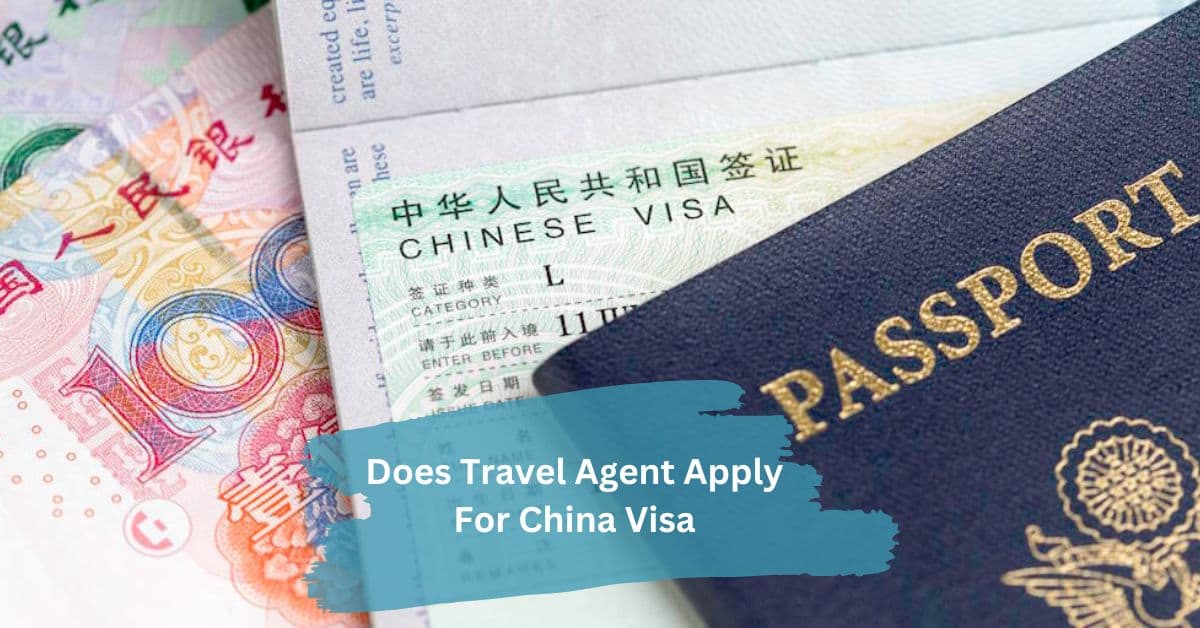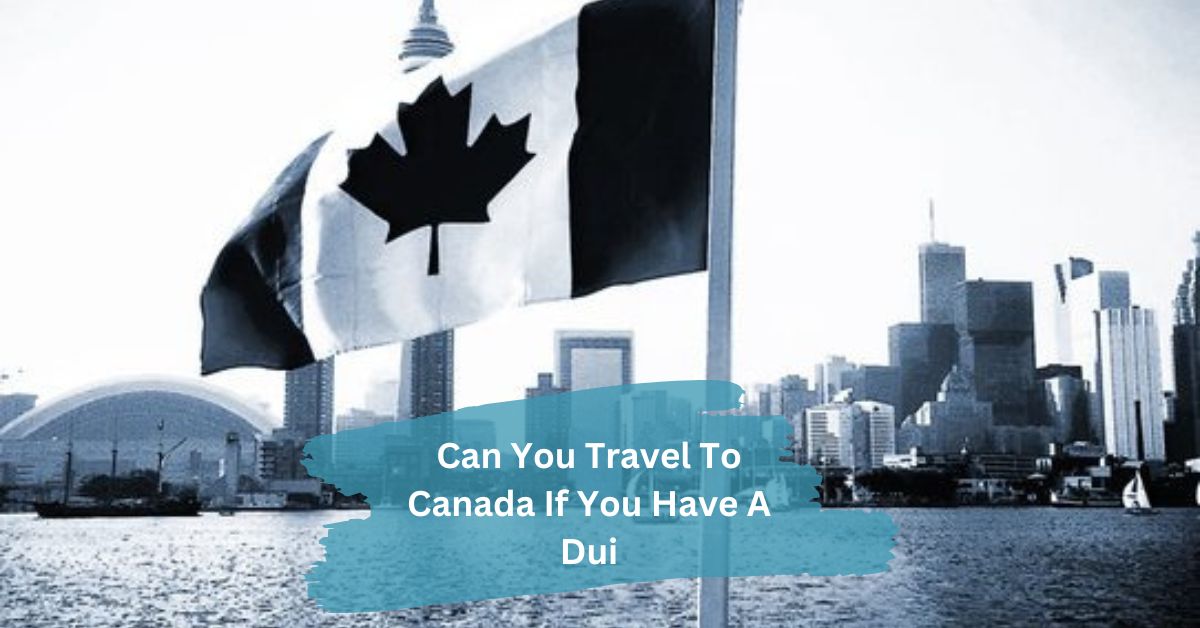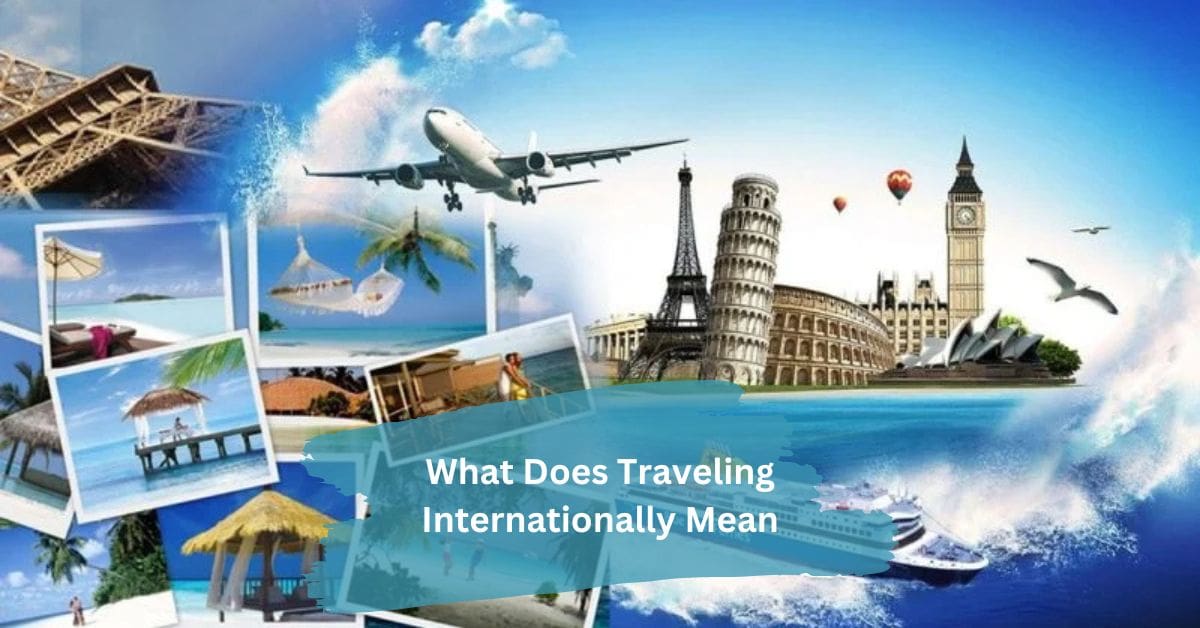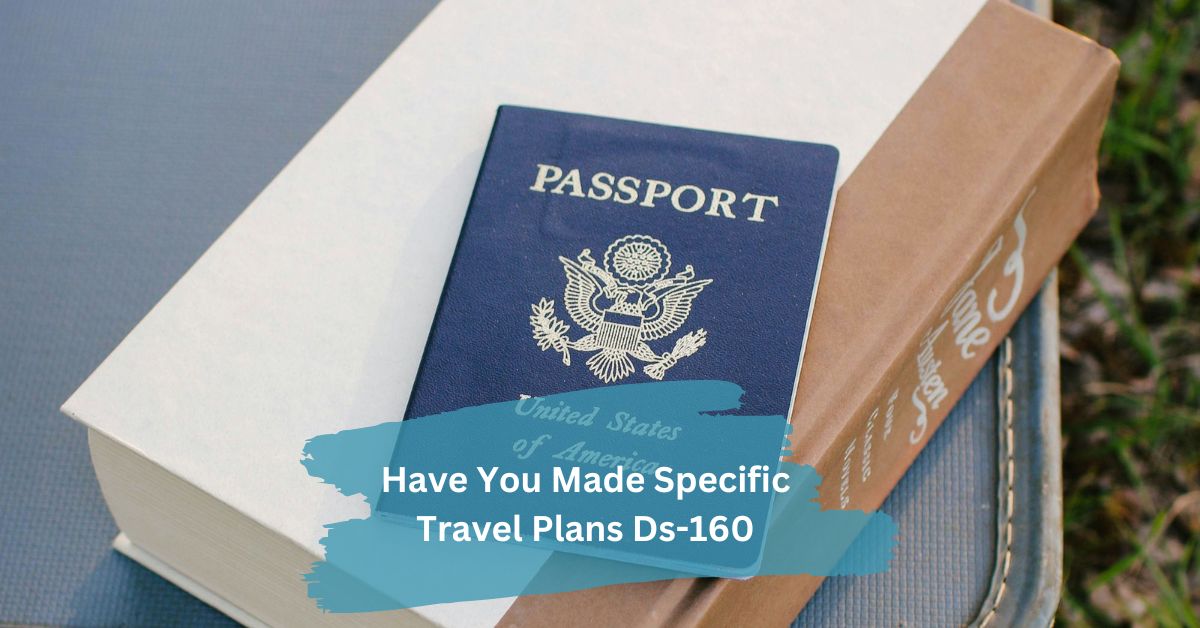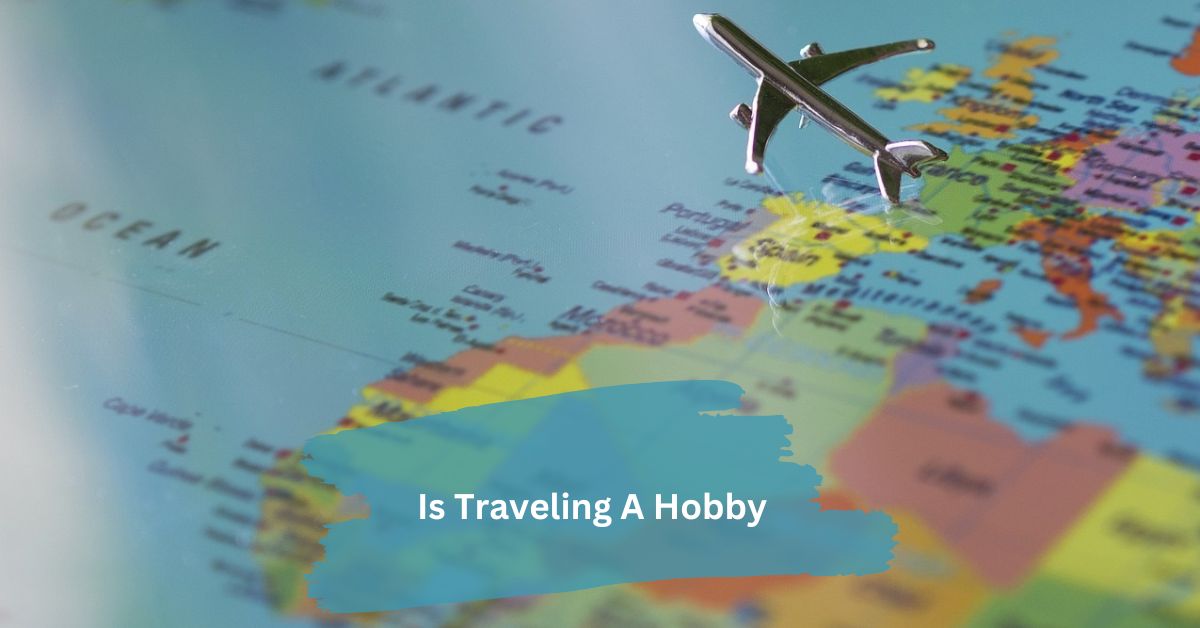
When I first started researching how much travel agents make, I was surprised by the wide range of earnings. Some starting agents earn around $30,000 a year, while experienced agents or luxury travel specialists can earn well over six, especially with commissions and bonuses.
How much travel agents earn varies widely, depending on commissions and specific skills, from $30,000 for beginners to $100,000 for experienced agents.
Introduction To Travel Agents Make
Understanding how much travel agents earn is vital for anyone interested in this career. Their earnings can vary significantly depending on experience, location, and the types of tours they take. From basic salaries to commissions on advanced packages, the earning potential is substantial. This guide covers the factors that affect their earnings and what to expect in the travel industry.
How Do Travel Agents Get Paid?
Travel agents usually earn income from a mixture of commissions, fees and sometimes salaries. When clients book travel services such as flights, hotels, or tours, the agent receives a commission from the supplier or suppliers. Additionally, many agents charge a service or consultation fee for planning and expertise.

Some work for a salary, especially when employed by agencies, but independent agents often rely on commission-based income. Advanced bookings and repeat clients can increase your earnings significantly.
What Type Of Travel Agent Makes The Most Money?
The earning potential of travel agents varies significantly based on their specialization, client base, and the type of travel services they provide. Here’s a detailed breakdown:
1. Luxury Travel Agents:
Agents specializing in luxury travel often make the most money. They book high-end vacations, such as five-star resorts, private jets, and exclusive experiences. These bookings come with a high commission rate due to the premium cost of the services, allowing the agents to earn significant revenue per transaction.
2. Corporate Travel Agents:
Handling business travel arrangements for large companies can be extremely profitable. Corporate travel often involves booking flights, hotels and car rentals, often at higher prices due to last-minute or first-class preferences. Additionally, long-term contracts with corporations can provide a stable income.
3. Destination Specialists:
Agents who focus on a specific location or destination, such as African safaris, cruises, or honeymoon packages, can earn more by charging premium fees for their expertise. Clients are often willing to pay more for personalized, well-designed experiences.
4. Independent And Niche Travel Agents:
Independent agents who build their own brand and specialize in unique travel experiences can make a lot of money. For example, agents focusing on adventure travel, wellness retreats, or ecotourism attract niche markets with high spending potential.
5. Group Travel Coordinators:
Organizing group travel, such as destination weddings, family reunions, or corporate retreats, can lead to significant earnings. Group rates can earn bulk commissions, and large budgets increase agent income.
6. Cruise Specialists:
Cruises often offer generous commission rates, especially for luxury and extended cruises. Cruise lines also provide additional incentives such as bonuses for achieving sales targets, increasing agent income.
7. Independent Contractors With Established Clientele:
Agents who work independently and have a loyal client base often earn more. The flexibility to focus on repeat clients, referrals, and high-value visits allows these agents to maximize their earnings.
How Much Money Does A Travel Agent Get?
A travel agent’s income can vary widely depending on factors such as experience, location, location, and employment status (salaried or freelance). Here’s a detailed breakdown of how much travel agents typically earn:

1. Average Salary For Travel Agents:
- Entry-Level Agents: Beginning travel agents typically earn around $25,000 to $35,000 per year. At this stage, they can mainly rely on basic salaries if employed by an agency.
- Mid-level agents: With a few years of experience, earnings can range from $35,000 to $55,000, including commissions from sales.
- Experienced Agents: Skilled agents or those in specialized niches often earn between $60,000 and $100,000+ annually. Independent agents with an established client base can even exceed six figures.
2. Commission-Based Income:
Many agents earn most of their income through commissions. Travel suppliers, such as airlines, hotels, and cruise lines, pay a commission on bookings.
- Standard commission rates: usually 10% to 20% of the booking price. For example, an agent earns $1,500 by booking a $10,000 luxury trip at a 15% commission rate.
- Luxury and high-end bookings: Higher value bookings result in significantly higher commissions, making this niche particularly lucrative.
3. Service And Consultation Fees:
- Custom Planning Fee: Agents often charge $100 to $500 for their expertise in planning complex itineraries. These fees are separate from commission.
- Special services: Special services, such as visa assistance or organizing group events, can generate additional revenue.
4. Independent Agents Vs. Agency Employees:
- Agency employees: Usually earn a base salary with a small commission. Salaries often range from $30,000 to $50,000 annually, with bonuses for achieving sales goals.
- Independent Agents: Work on commission only model. Although income may be uncertain at first, established agents in this category often earn more due to higher commission splits (eg, 70-90% commission).
6. Annual Earnings Breakdown:
- Low range: $25,000 to $35,000 (entry level or low demand areas).
- Mid-range: $40,000 to $70,000 (established agent or generalist).
- High range: $80,000 to $150,000+ (luxury, corporate, or niche specialists).
What Is The Difference Between A Travel Agent And A Travel Advisor?
The terms travel agent and travel advisor may sound similar, but they represent distinct roles in the travel industry, each with unique responsibilities and perspectives.

1. Travel Agent:
A travel agent mainly focuses on booking travel components such as flights, hotels, car rentals, cruises and tours. Their role is often transactional, handling logistics efficiently and ensuring clients get the services they request. Travel agents may rely on supplier databases and booking systems to present options to clients but typically provide less personalized recommendations or experiences.
2. Travel Advisor:
In contrast, a travel advisor plays a consultative role, working with clients to design customized, memorable trips based on their preferences. Consultants often specialize in specific niches such as luxury travel, adventure tourism, or destination weddings.
They take the time to understand clients’ unique needs and create detailed itineraries that go beyond standard bookings. Advisors also offer destination insights, exclusive experiences, and insider tips.
3. Compensation Models:
The compensation model highlights the difference: travel agents often rely on supplier commissions, while consultants often receive service fees for their expertise.
What Percent Do Travel Agents Get?
The commission that travel agents receive varies depending on the type of service, the supplier, and the agent’s relationship with that supplier. Here is a detailed breakdown of specific percentages of travel agents’ earnings:
1. Commission From Suppliers:
- Hotels: Commissions often range from 10% to 15%, although some luxury or exclusive hotels may offer higher rates.
- Airlines: Commissions from airlines are usually very low or sometimes non-existent, especially with low-cost carriers. Airlines may offer agents a flat fee per ticket instead.
- Cruises: Cruise lines offer some of the highest commissions, typically 10% to 16% of the booking price.
- Tour Operators: Commissions can range from 10% to 20% depending on the tour package and destination.
2. Specialized Or Niche Services:
For luxury travel, specialized tours, or customized itineraries, travel agents can earn higher commissions. For example:

- Luxury Travel: Some luxury services, such as high-end resorts or private jet charters, may offer commissions of 20% or more.
- Destination weddings or group travel: Agents often earn a commission based on the total cost of the package, leading to significant income if large group bookings or special trips are arranged.
3. Service Fees:
Along with commission, many travel agents also charge a service or consulting fee for their planning and expertise. These fees are separate from the commission and typically vary from $25 to $500 depending on the complexity of the trip. For example, agents may charge to prepare detailed itineraries or provide expert advice on luxury trips.
4. Commission Splits For Independent Agents:
Independent agents, especially those affiliated with a host agency, often receive a large commission share, ranging from 70% to 90% of the commission earned. The host agency usually covers the remaining 10% to 30% overhead and the services they provide such as marketing and booking systems.
Can You Make A Living As A Travel Agent?
Yes, you can make a living as a travel agent. Earnings depend on experience, location, and specialization. While beginners may earn less, experienced agents, especially in luxury or corporate travel, can earn a good income through commissions and fees.
How Much Does A Travel Agent Make Per Booking
A travel agent usually earns between $20 and $200 per booking, depending on the type of service and the booking value. For larger or luxury bookings, the commission can be higher, sometimes reaching 10-20% of the total cost.
How Much Do Travel Agents Make Per Month
Travel agents can make anywhere from $2,000 to $8,000 per month, depending on experience, location, and the type of travel they specialize in. Those working in luxury or corporate travel may earn more due to higher commissions.
How Much Do Travel Agents Make A Year
Travel agents typically make between $30,000 and $60,000 per year. However, experienced agents or those working in high-end travel can earn more, sometimes reaching $100,000 or more annually, depending on commissions and the type of clients they serve.
FAQ’s
1. Do Travel Agents Charge A Lot?
Travel agents may charge service fees, but many make money through commissions from suppliers. Fees vary based on the complexity of the trip, but they are generally not high.
2. How To Get Into The Travel Industry?
Start by gaining relevant education or certifications in travel and tourism. You can also gain experience through internships or entry-level roles at travel agencies or tour operators.
3. What Is The Best Career In Tourism?
Some of the top careers in tourism include travel consultant, hotel management, tour operator, and event planner. Luxury travel and sustainable tourism are also growing fields.
4. How Do I Start Working As A Travel Agent?
To become a travel agent, gain knowledge about the industry, consider formal training or certification, and apply for positions at travel agencies. You can also start as an independent agent.
5. How Do I Become A Traveller Paid?
To get paid as a traveler, you can work as a travel writer, photographer, or influencer. Partnering with travel brands or creating content for websites can help you earn money while traveling.
Conclusion:
how much do travel agents make varies based on experience, location, and specialization. While beginners may earn modest salaries, experienced agents, especially in niche markets, can earn a substantial income. It’s a rewarding career for those passionate about travel.










